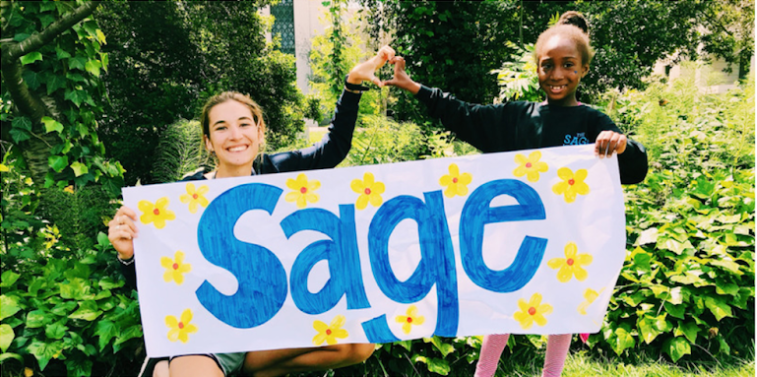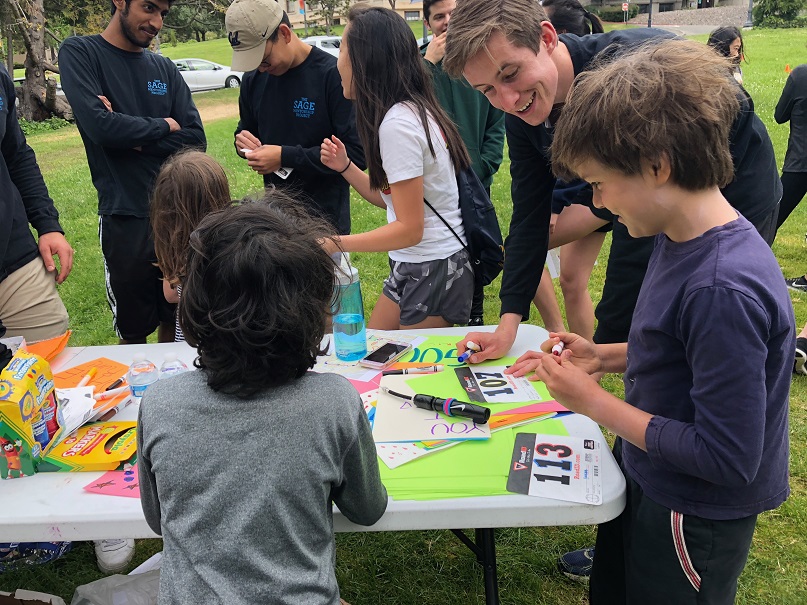
Sage Mentorship Project: Helping Underserved Kids Realize Their Goals
The Sage Mentorship Project operates in a school district with a dismal performance record. Sage Mentors give kids a lot of what they’re missing in the classroom. Most of all, Sage Mentors let underserved children know they can achieve anything they set their mind to doing, in spite of limitations. We believe in mentoring in general, and believe that underserved children, in particular, benefit from having a caring, consistent adult in their lives. That’s why we gave the Sage Mentorship Project a small grant award.
We spoke to Sage Mentorship Project Finance Chair Lauren Vaca, to learn more about this work:
Kars4Kids: Can you tell us about the demographic you serve? Who are the children who participate in your program?
Lauren Vaca: Our program consists of elementary students from 10 different schools spanning from Oakland to Berkeley to El Cerrito. Each student comes from a unique background and even though Berkeley and Oakland are known for being ethnically diverse, culturally vibrant, and rich in history, unfortunately it is also home to one of the worse performing school districts in the state. Our hope is to help our students break this cycle!
Kars4Kids: When and why did UC Berkeley create a mentoring program? How many children and students have thus far taken part in this program?
Lauren Vaca: Our program was founded by Cal alumni Alex Velez back in 2007 with the goal of creating a program that empowers high achieving UC Berkeley students as leaders and educators to help kids realize their goals and ambitions no matter what background and socioeconomic status they come from. We’re proud to say that we’ve continued this mission and have had over 300 mentees per semester.
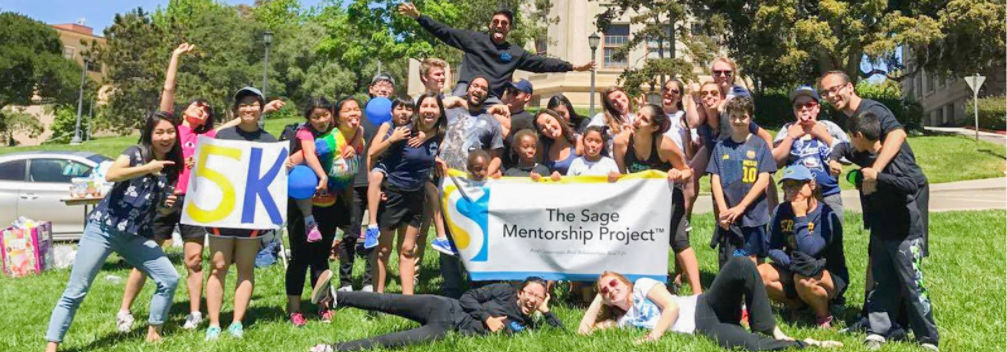
Kars4Kids: How many UC Berkeley students are taking part in the program? Aside from the rewards of mentoring children, are there any special incentives for them to become mentors?
Lauren Vaca: There are over 200 UC Berkeley students participating each semester and our mentors do not have any special incentives to become mentors. Each student volunteers solely for the rewards of mentoring children and to give back to the community.
Kars4Kids: Where does the mentoring take place, and what form does the mentee/mentor relationship take?
Lauren Vaca: Mentoring takes place at each of the 10 schools in either a one-on-one setting, a small group, or in a classroom setting. The mentee/mentor relationship is both formal and informal, we spend time with our mentees doing both academics and extracurriculars while also being there for them on an emotional level. Mentors help their mentees with classwork, friendships, creating self-confidence, and even join some exciting classes together like music, cooking, and gardening. Overall, our mission is to create meaningful lasting relationships through academic and extracurricular activities to foster life skills and personal growth.
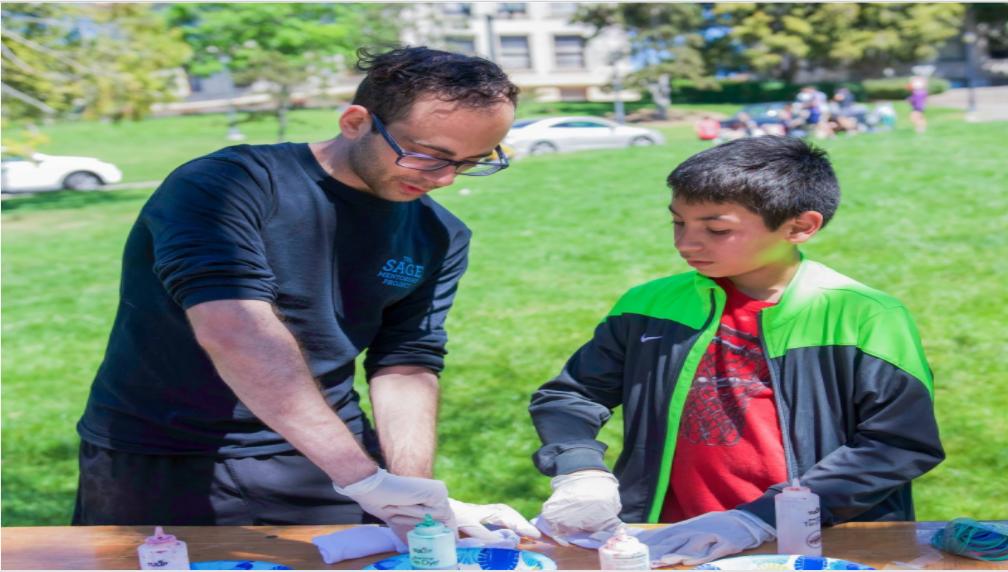
Kars4Kids: Can you tell us about some of the mentees? What is the impact of mentoring on them?
Lauren Vaca: Our mentees have a wide range of personalities, backgrounds, and talents thus making each mentoring experience unique! We can honestly say our mentees are overjoyed to see us each time we visit. One mentee told her mentor, “Sometimes I’m having bad days, but when you come, they’re always good!” and I think this shows just how impactful mentoring can be to our mentees’ lives.
Kars4Kids: Is there some sort of matching process in place for putting mentors and mentees together?
Lauren Vaca: Since each of the 10 schools and all of our mentors are so unique, mentors get to pick what school fits them best. For example, one of our schools has a special needs program for those mentors who want to mentor children with special needs while another school has a Spanish immersion program for Spanish speaking mentors who want to work with Spanish speaking students. Allowing mentors to choose their school provides them the opportunity to match their skills to the mentoring experience.
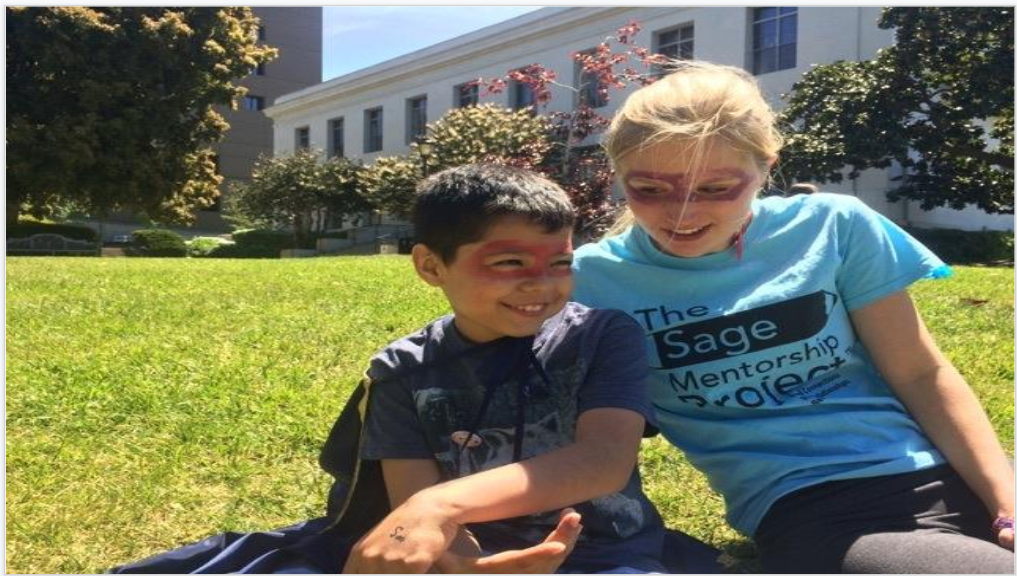
Kars4Kids: How did the pandemic affect your operations?
Lauren Vaca: Unfortunately, when the pandemic first started, all in-person mentoring had to be put on hold, but luckily, we had the resources to continue mentoring through Zoom! Now thanks to the widespread availability of vaccines and masks, we have been fortunate enough to resume in-person mentoring once again.
Kars4Kids: What’s next for the Sage Mentorship Project?
Lauren Vaca: We plan on expanding to even more schools in the Bay Area! Every single semester we have new schools that reach out to us asking for Sage Mentors, but we have not had the capacity to expand the last few semesters due to the pandemic. Our hope is that Sage will be able to accommodate those schools in the Bay Area that need mentors very soon.
